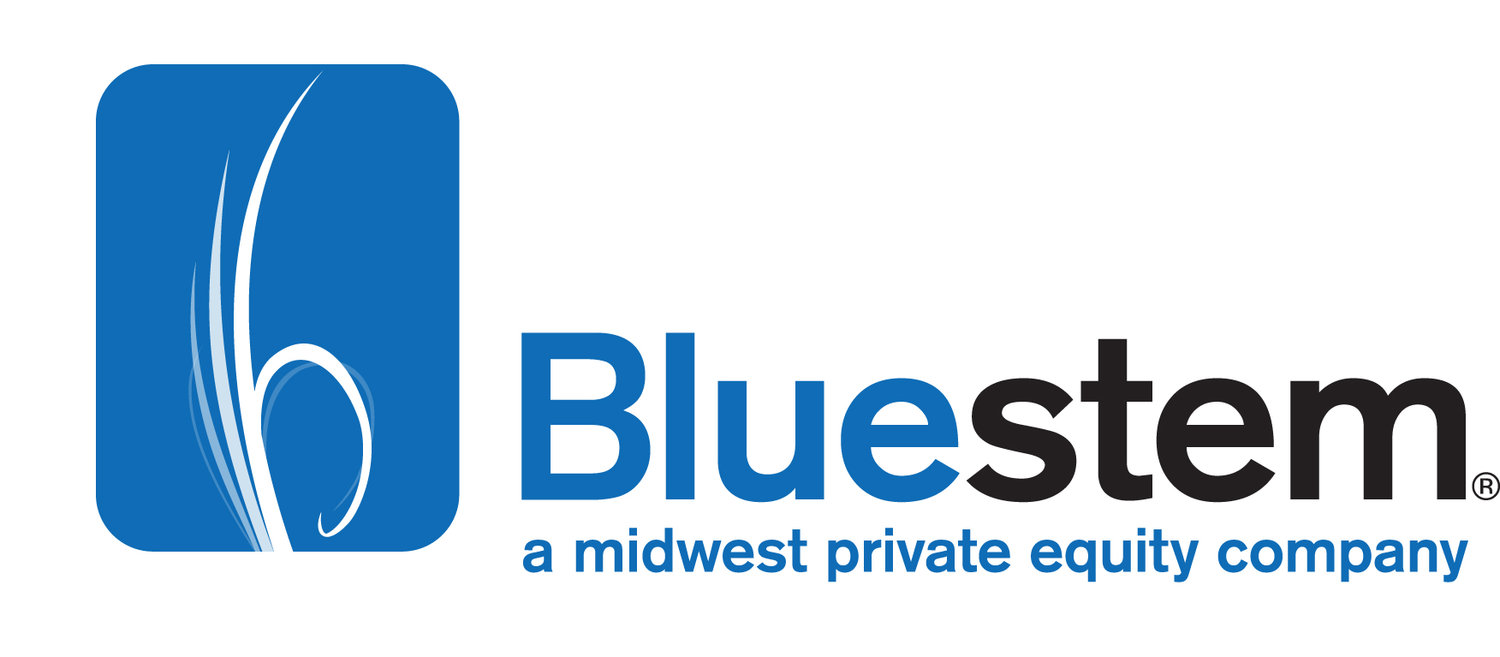Virtual Incision Receives Investigational Device Exemption (IDE) to Initiate Study of First-of-its-Kind MIRA Platform
/
Company Prepares MIRA for Use in Minimally-Invasive Laparoscopic Colon Surgery
Lincoln, Neb., and Pleasanton, Calif. – October 27, 2020 –Virtual Incision Corporation, a medical device company pioneering a first-of-its-kind miniaturized surgical platform, today announced it has received an Investigational Device Exemption (IDE) from the U.S. Food and Drug Administration (FDA) for the company’s MIRA® (“miniaturized in vivo robotic assistant”) Platform.
The IDE will allow the company to initiate a clinical study of MIRA at a limited number of U.S. hospitals in support of the system’s regulatory pathway to approval.
“Because of its clear benefits for patients, the demand for robotically-assisted surgery continues to increase, though challenges still inhibit broader adoption. MIRA is intended to overcome these limitations, with a simple and cost-effective solution that offers the potential to bring minimally invasive laparoscopic surgery to many more patients,” said John Murphy, president and CEO of Virtual Incision. “The IDE approval for MIRA is an exciting and critical next step that will allow us to evaluate the safety and effectiveness of this novel device in patients. We look forward to working closely with the surgical teams and study sites to advance the MIRA surgical platform with the goal of making minimally invasive surgery more accessible.”
Colorectal and lower gastrointestinal procedures are among the fastest growing surgeries in the U.S., with more than 400,000 colon resection procedures performed each year. Minimally invasive colectomies have been shown to reduce mortality, and can also reduce a patient’s healing time, pain, complications, and hospital readmissions. Manual laparoscopic colectomies, though also minimally invasive, can be difficult to perform and can have less than ideal cosmetic outcomes.
“Many benign and malignant conditions require removal of a portion of the colon. Currently the most common approach is open surgery, which involves a very large incision, a long hospital stay and several weeks of recovery,” said Dr. Dmitry Oleynikov, co-founder and Chief Medical Officer of Virtual Incision. “Open colectomies carry a high risk of surgical site infection and other complications that can negatively affect a patient’s quality of life.”
“Despite significant technological advancements and improved patient outcomes that can reduce the total cost of care, adoption of minimally invasive colon surgery has been limited,” said Shane Farritor, Ph.D., Virtual Incision’s co-founder and chief technology officer. “This milestone is a step toward a miniaturized solution to robotically-assisted laparoscopic surgery.”
About the MIRA Platform
Virtual Incision’s MIRA® Platform features a small, self-contained surgical device that is inserted through a single midline umbilical incision in the patient’s abdomen. Virtual Incision’s technology is designed to support multi-quadrant abdominal surgeries utilizing existing minimally invasive tools and techniques familiar to laparoscopic surgeons, and does not require a dedicated operating room or specialized infrastructure. Because of its much smaller size, the device is expected to be significantly less expensive than existing robotically-assisted surgical devices.
About Virtual Incision
Virtual Incision is reimagining robotically-assisted surgery, with simple innovations offering mobility, flexibility, and accessibility to provide minimally invasive options to more patients. The company is developing the MIRA (“miniaturized in vivo robotic assistant”) Platform, a first-of-its-kind miniaturized surgical device, focusing first on colon resection, with follow-on specialty robots for additional potential applications. The company is headquartered in Lincoln, Nebraska. For more information, visit https://virtualincision.com/.
Cautionary Note Regarding Forward-Looking Statements
This communication contains statements that constitute “forward-looking statements” within the meaning of the Private Securities Litigation Reform Act of 1995. Forward-looking statements include, but are not limited to, statements regarding our plans, beliefs, expectations and assumptions, as well as other statements that are not necessarily historical facts. You are cautioned that these forward-looking statements are only predictions and involve risks and uncertainties. Further, any forward-looking statement speaks only as of the date as of which it is made and we do not intend to update or revise any forward-looking statements. This communication also contains market data related to our business and industry which includes projections that are based on a number of assumptions we believe are reasonable and most significant to the projections as of the date of this communication. If any of our assumptions prove to be incorrect, our actual results may significantly differ from our projections based on these assumptions.
Shared by Steve Kirby, board member of Virtual Incision Corporation.

